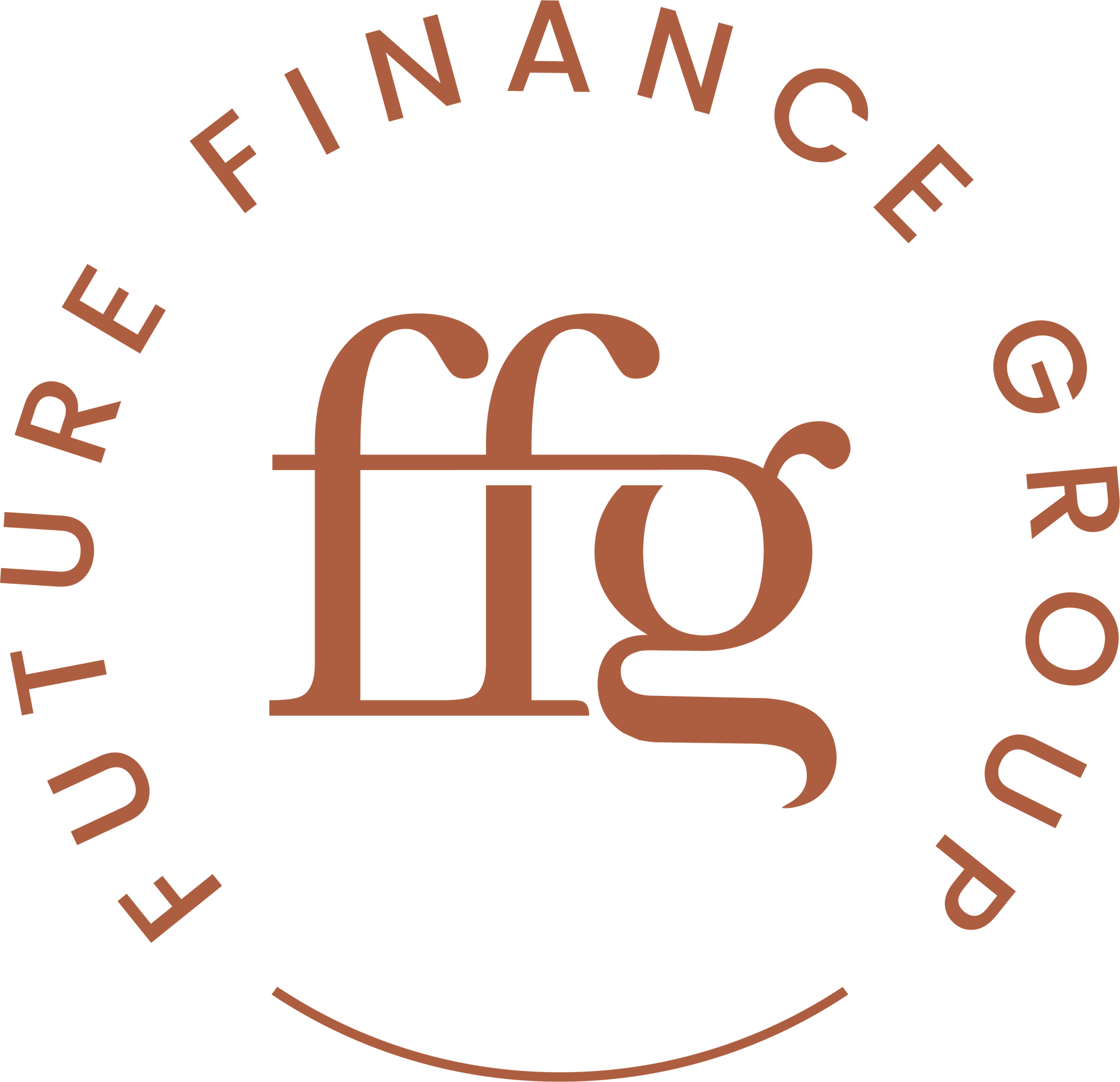AUCTIONS… STRATEGY OR SCIENCE?
Almost everyone has an opinion on auctions. Love them or loathe them, auctions have been around for years and they are here to stay.
As of June this year, 61.5% of homes are sold at auctions1. And with housing affordability reported to be the best it has been since 20162, this number may very well rise.
Auction strategies
If you have ever been involved in an auction campaign you would no doubt have had a planned strategy. Whether you stuck to it in the (sometimes) frenzy of the auction is another thing.
When attending an auction would you:
- be the first bidder and open with a strong first bid?
- stay silent then come in with a killer bid right at the end?
- make a quick counter bid as soon as someone bids against you? or
- recruit a professional to bid for you?
According to auction streaming service Gavl, the most common knockout bid is a $10,0003 increase. Some auctioneers suggest that avoiding round numbers can work well for buyers and changes the pace of the bidding.
For example if you open the bidding at say $595,000 instead of $600,000, the bidding will likely continue in smaller increments of $5,000 instead of $10,000.
Perhaps the biggest (and subconscious) psychological barrier to success during auctions is our body language.
Real estate site Domain suggests that projecting assertive body language and knowing your limits are critical. Bidding confidently, loud and proud, can impact the final result. Understanding how other bidders behave at an auction can help reveal when a buyer is reaching their limit.
But enough about strategies, back to the science
We opened this article with the theory of supply and demand. How does this work in the case of auctions?
New research from the University of Sydney and the University of Technology Sydney shows that people participate (bid) LESS at auctions that have MORE bidders4.
Findings from this research are consistent with the ‘loss aversion’ theory – people tend to prefer avoiding losses as opposed to acquiring equivalent gains. We are more upset about losing $10 than we are happy in finding $10.
So the theory suggests when there is more supply (bidders) = we tend to bid less.
Contrary to our belief of ‘bigger crowds and more bidders at an auction create more money for the vendor’, that isn’t always the case!
Regardless of the strategy you adopt (or if science takes over), it is important to take these steps BEFORE you attend an auction.
- First and foremost, secure finance pre-approval so you know your true borrowing power.
- Do your research – inspect as many comparable properties as possible to know the market.
- Attend other auctions to understand how they work and experience different auctioneer styles.
- Inspect the property thoroughly, take measurements if you need to and invest in a building inspection – you don’t want any nasty surprises after the gavel strikes and you have to sign the papers!
As your finance specialist we work with our clients to ensure you have your finance pre-approved prior to auction AND prior to making an offer for a private sale.
Remember, due to the range of lenders we have available and the maze of interest rates between them all, we have extensive knowledge across a variety of lenders to help you find the right finance to suit your situation.
Contact our office today if you have any questions regarding finance and pre-approvals for auctions or private sales.
Sources and links:
- CoreLogic, 61.5 per cent of homes sell as auction volumes fall week on week, June 2019
- ANZ-CoreLogic Housing Affordability report June 2019
- Domain, Experts reveal the best techniques for bidding at auction, February 2018
- University of Sydney, Auction bids decline with intensity of competition, April 2019
Disclaimer: This article provides general information only and has been prepared without taking into account your objectives, financial situation or needs. We recommend that you consider whether it is appropriate for your circumstances and your full financial situation will need to be reviewed prior to acceptance of any offer or product. It does not constitute legal, tax or financial advice and you should always seek professional advice in relation to your individual circumstances. Subject to lenders terms and conditions, fees and charges and eligibility criteria apply. © 2019



